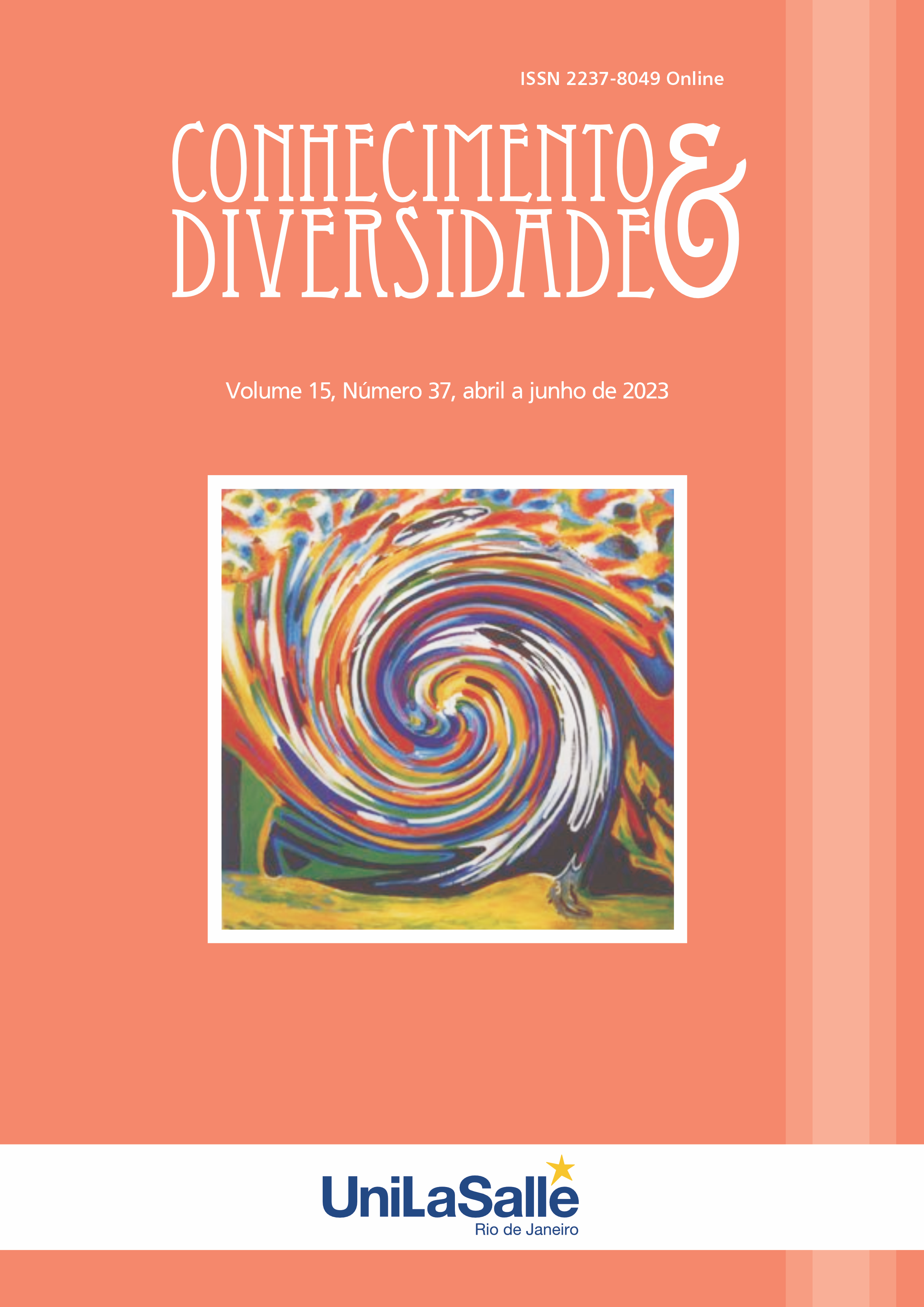PROPORCIONAR APRENDIZADO INCLUSIVO NA ESCOLA SUPERIOR
DOI:
https://doi.org/10.18316/rcd.v15i37.10946Palavras-chave:
Inclusive Education, Educational Process, Interactive Technologies, Pedagogical Practice, Inclusive Learning, Higher School.Resumo
Providing inclusive learning at higher school is fulfilled on the basis of using specialized infrastructure, pedagogical practice and pedagogical workers’ effective work. An important direction of the study in the academic paper is the analysis of the key principles of forming inclusive learning at higher school using the experience of developed countries and its implementation in pedagogical practice. The issue of ensuring inclusive education is an urgent one for the social policy of any country, as it plays a significant role in ensuring the development of human capital and promoting demographic policy. The purpose of the present academic paper is to analyze the features of organizing inclusive learning at higher school. The state policy for inclusive education formation should include several measures aimed at improving the educational environment, training highly qualified pedagogical workers and a number of tools used during the educational process. The academic paper studies the key principles of organizing inclusive learning and the basis for its further development. Particular attention is paid to the issue of using the means of organizing inclusive education aimed at developing emotional and academic intelligence. The scientific article outlines the basic principles of establishing inclusive education and opportunities for improving the implementation quality. The research results indicate the necessity to improve the state social policy, the introduction of innovative infrastructure and specialized means used to improve the quality of inclusive education. The obtained results can be used for modern higher schools in order to ensure an effective educational process.
Downloads
Publicado
Edição
Seção
Licença
Copyright (c) 2023 Conhecimento & Diversidade

Este trabalho está licenciado sob uma licença Creative Commons Attribution 4.0 International License.
Conforme recomendado pelo o Public Knowledge Project, a RCD adota para seus artigos uma licença CREATIVE COMMONS: Atribuição CC BY 4.0.
Esta licença permite que outros distribuam, remixem, adaptem e construam sobre o seu trabalho, mesmo comercialmente, desde que lhe dêem crédito pela criação original.
Esta é a licença mais adequada oferecida.
Recomendado para a máxima divulgação e uso de materiais licenciados.



